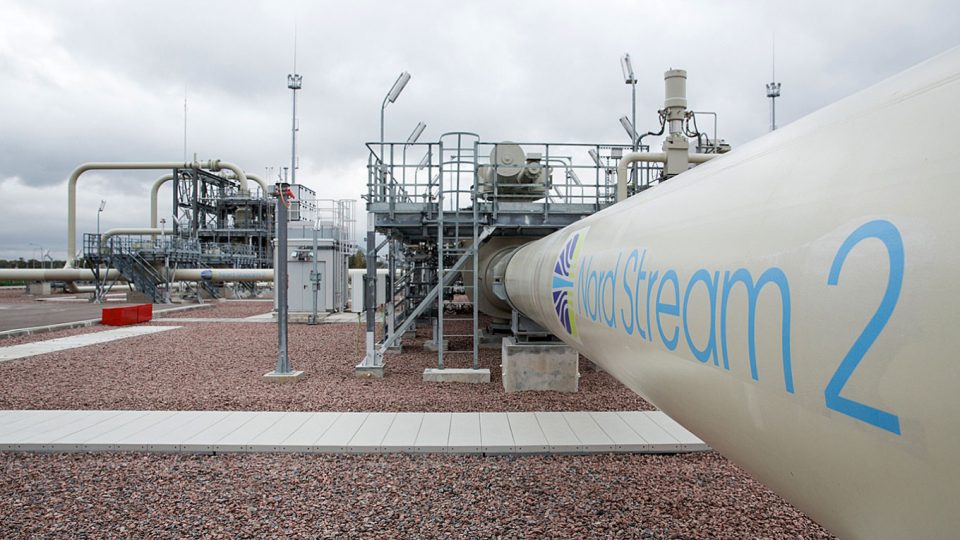
Germany stops approval of $11bn Nord Stream 2 gas pipeline with Russia

Germany has taken steps to halt the approval process for the Nord Stream 2 gas pipeline from Russia over the crisis in Ukraine.
Chancellor Olaf Scholz said in Berlin on Tuesday that he had asked the economy ministry “to withdraw the report on security of supply with our federal networks agency”, calling this “the first step to make sure the pipeline cannot be certified at this point”.
“Without certification the Nord Stream 2 can’t operate,” he said. “We will reassess the situation that has evolved over the past few days. It’s important to launch new sanctions now to prevent an escalation and a disaster.”
Scholz’s announcement came after Russian President Vladimir Putin on Monday said Moscow would recognise two breakaway regions in eastern Ukraine as independent.
Opinion: The Ukraine standoff should accelerate India’s push for hydrogen
First announced in 2015, the $11 billion undersea pipeline owned by Russia’s state-backed energy giant Gazprom has been built to carry gas from western Siberia, doubling the existing capacity of the Nord Stream 1 pipeline.
The project has faced fierce resistance from the United States and within the European Union, on the grounds it increases Europe’s energy dependence on Russia. But Germany has long maintained it is solely a commercial project.
Nord Stream 2 has geostrategic consequences, bypassing Ukraine and potentially depriving it of the approximately $2 billion in transit taxes (equivalent of 4 per cent of its GDP) Russia currently pays to send gas through its territory.
Russia relies on hydrocarbons for 60 per cent of its national budget, while oil and gas make up nearly one-third of its gross national product. It already provides 39 per cent of Europe’s gas.
The country exported 168 billion cubic meters of natural gas to Europe in 2020. Germany bought 56 billion cubic meters of that. Italy and the Netherlands followed with 20 billion and 11 billion, respectively.


